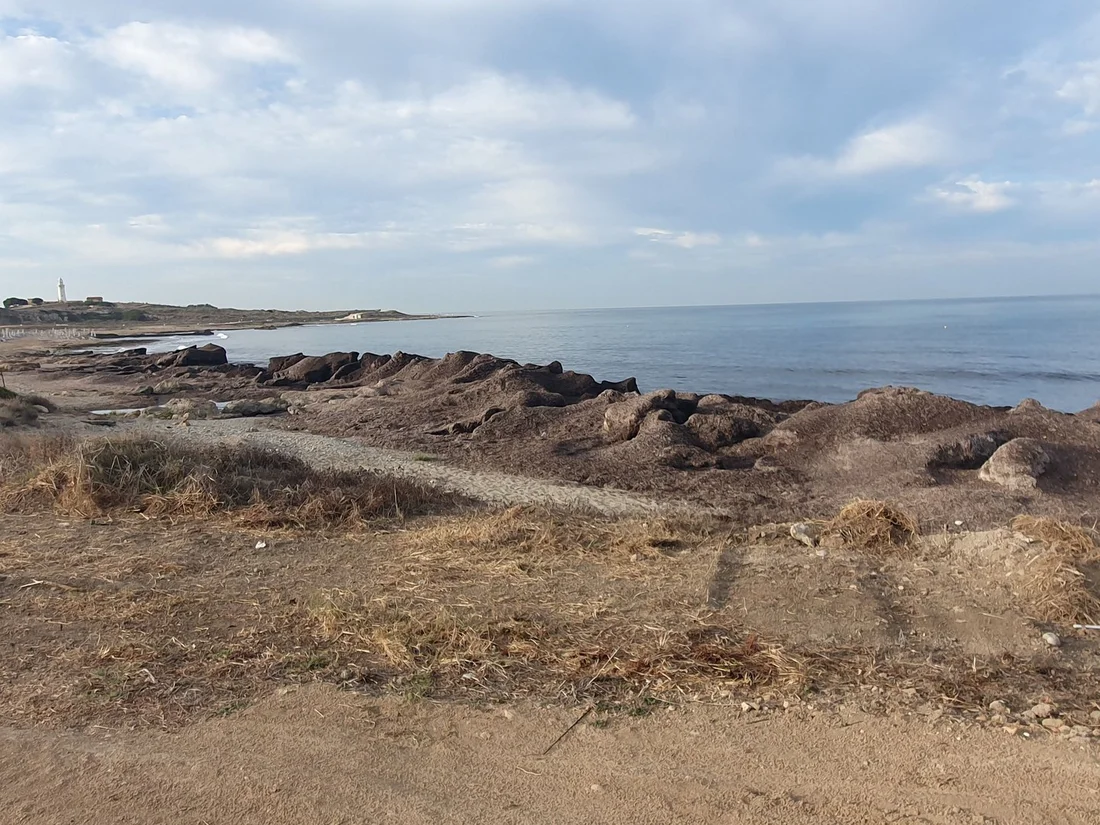The Ierokipia municipality on Sunday announced it is taking legal action against the Paphos district government and the consortium which operates the Paphos water treatment plant, near the village of Acheleia, over faults at the plant’s pumping station which have led to a “large volume of sewage” flowing into the sea.
The municipality took the decision at an extraordinary municipal council meeting on Friday, and said, “despite repeated steps being taken for five months, the Paphos district’s sewage system continues to be flooded and overflow manholes located on Germanias street near the Yeroskipou municipal beach”.
It is these overflows, they said, which is resulting in the sewage “ending up in the sea”.
“This problem has existed for over a decade and, because the situation has reached an impasse, the municipality declares it will do whatever is necessary to hold those responsible to account and to defend both the municipality’s interests and the public’s safety,” they said.
They added that with the situation ongoing, Germanias street will remain closed to public vehicles, and urged the public to “avoid swimming in the area in question”.
“We call on all parties involved, as well as the competent state agencies, to take all the necessary actions to resolve this problem,” they said.
Speaking to the Cyprus News Agency on Sunday, Paphos district governor Charalambos Pittokopitis insisted that measures are “being taken” by both the district government and the operating consortium.
He said the municipality was “absolutely right” in its view that the situation constitutes a serious problem, said the consortium has “admitted that there are problems at the pumping station, which they are managing”.
Additionally, he said, the plant’s owners are “taking measures to immediately restore the pumping station’s smooth operation”.
“I expect that by tomorrow, the problems which have been ongoing will be resolved,” he added.
Sunday’s announcement is not the first time the plant has caused negative headlines, with a build-up of dried sludge at the plant causing a smell so bad that a delegation from the House energy committee went there in person to investigate.
Paphos mayor Phedonas Phedonos explained at the time that the sludge is typically transported to a private company and then onwards to Vasiliko, where it is incinerated, and that the smell came about because for some reason, the manager of the unit had stored it for a few days because he had some problems with the transport contractor”.
He said that as a result, “there was a strong stench, which reached as far as Paphos airport, Acheleia, and Yeroskipou.”






Click here to change your cookie preferences